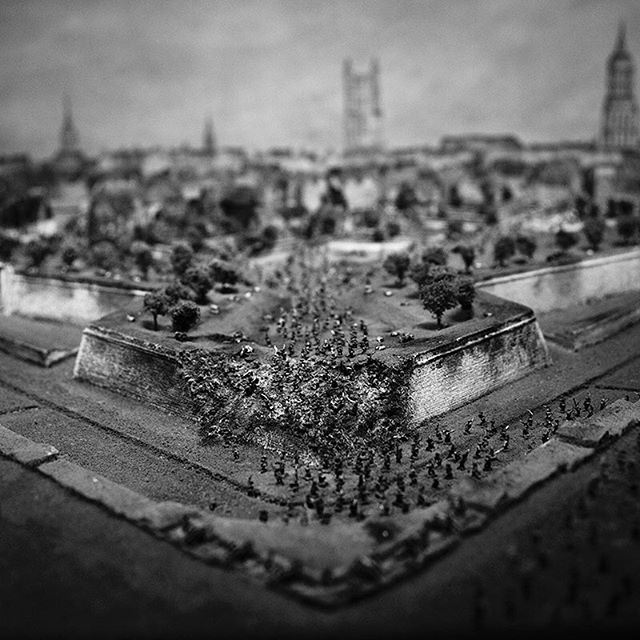As with your imagined farewell in Kyushu, the Russians sit in silence prior to leave-taking. I have often sat that way, on suitcases or on the edges of chairs, near the doorway. I wonder about your absent couple and their memories, the outward-pointing slippers suggesting a departure, and whether they even recalled that gesture, years later. Something about the wash of light in your image of their house reminds me that forgetting can bring relief.
You may know that Ezra Pound wrote many of the Cantos in Rapallo, on the Liguria coast. It wasn’t long after he moved to Italy that he became a follower of Mussolini, and I was reminded, reading his stanza in your last note, that the Italian Futurists influenced and were inseparable from fascism. Marinetti, the author of the Futurist Manifesto, wrote “art…can be nothing but violence, cruelty, and injustice,” and in this he was expressing approval, for he also described war as “the world’s only hygiene.” At the same time, the fractured assemblages of futurism cracked open the pictorial approach to images, just as the many-voiced narratives of modernist poets taught us to view history prismatically.
It is an enduring puzzle that the glorification of the future by these artists is attended by support for mass violence. For I also approve of the shattering of received narratives. Perhaps the problem is not modernity, but the nature of its glorification. It is one thing to observe the slow degradation of memory or the collapse of wooden buildings into ruins, as with your rural villages in Japan. It is another to actively seek their destruction, to forcibly erase memory. Though it is hard for me to not see nostalgia in an image of a wooden village decaying in the woods.
And Pound, captured after the war, going mad, held for weeks in an outdoor American prison near Pisa in a steel cage that prefigures Guantanamo Bay. I imagine him there, half-feral, decanting his verse to the open sky.
/// #image_by_image is an ongoing conversation between photographers Ivan Sigal and Anton Kusters. @ivansigal @antonkusters on Instagram ///
